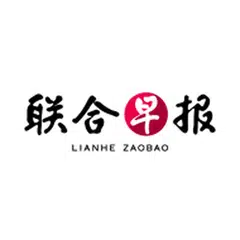China's OpenAI starting off on the wrong foot?

Following its founder's bout of depression, artificial intelligence (AI) company Light Years Beyond (光年之外, "Light Year"), which China's technology sector had high hopes for, was fully acquired by China's largest food delivery platform Meituan.
While the acquisition may seem like a lifeline for the leaderless startup, assessments are not optimistic. The view is that the acquisition will not benefit the long-term development of the company.
Meituan, as a food delivery platform, is unlikely to match Microsoft in terms of technology and economic strength, let alone support for large-scale AI model projects.
Following the emergence of OpenAI's chatbot ChatGPT, various Chinese tech giants have followed suit, pouring top talent and funding into AI, seemingly posing a challenge to Silicon Valley. Among the 70-odd companies in China that have announced their entry into large-scale AI models, Light Year is the leader.
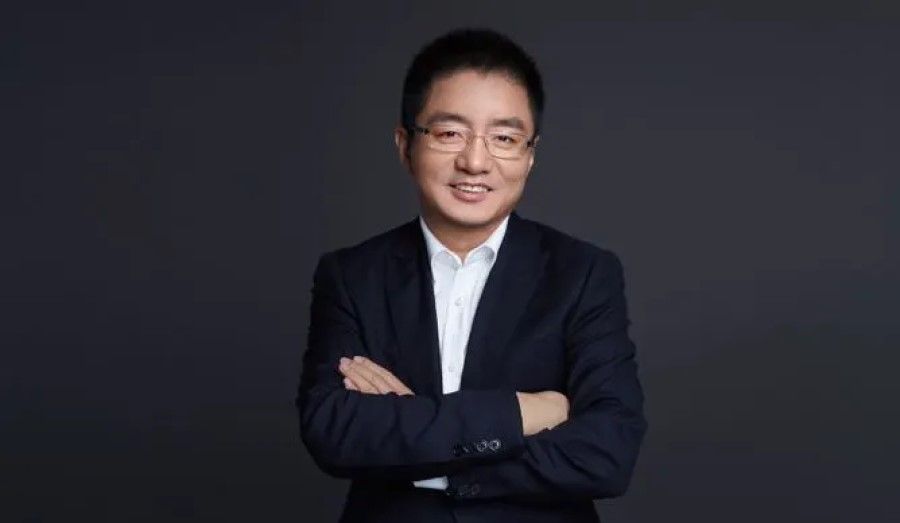
However, just four months after its founding, Light Year founder Wang Huiwen - also a co-founder of Meituan - went on leave due to depression on 25 June. Meituan subsequently announced on 29 June that it would acquire Light Year for 2.065 billion RMB (US$277.2 million). After the acquisition is completed, Light Year's financial data will be integrated into Meituan's financial report. Will Meituan continue to pump money into the large-scale AI model startup? Most people are not optimistic.
Acquisition may not lead to greater heights
As a publicly traded company, Meituan just went from loss to profit in one quarter, but the pressure to maintain profitability still looms. Looking at OpenAI's development of ChatGPT, Microsoft not only invested US$1 billion in OpenAI, but also agreed to build a massive cutting-edge supercomputer for the AI research startup.
Even with Microsoft's support, OpenAI, which has already burned through billions of dollars, still claims that it needs at least US$100 billion in funding to achieve artificial general intelligence (AGI). Meituan, as a food delivery platform, is unlikely to match Microsoft in terms of technology and economic strength, let alone support for large-scale AI model projects.
... the Light Year case shows the vulnerability of technology companies, and has poured cold water on the booming development of AI in China.
Amid the AI battle, not only will future technology leaders emerge but the geopolitical balance could also be altered through military applications. China is striving to narrow the gap in its technological competition with the US; however, the Light Year case shows the vulnerability of technology companies, and has poured cold water on the booming development of AI in China.
Entering with fanfare, ending in haste?
Wang graduated from the Department of Electronic Engineering at Tsinghua University and is a successful entrepreneur with two successful business ventures. In 2005, he and a friend co-founded the Xiaonei network, later known as the Renren network - China's equivalent of Facebook. In 2010, he became a co-founder of Meituan; in 2018, he and the other founders led the company to go public. He announced his retirement at the end of 2020.
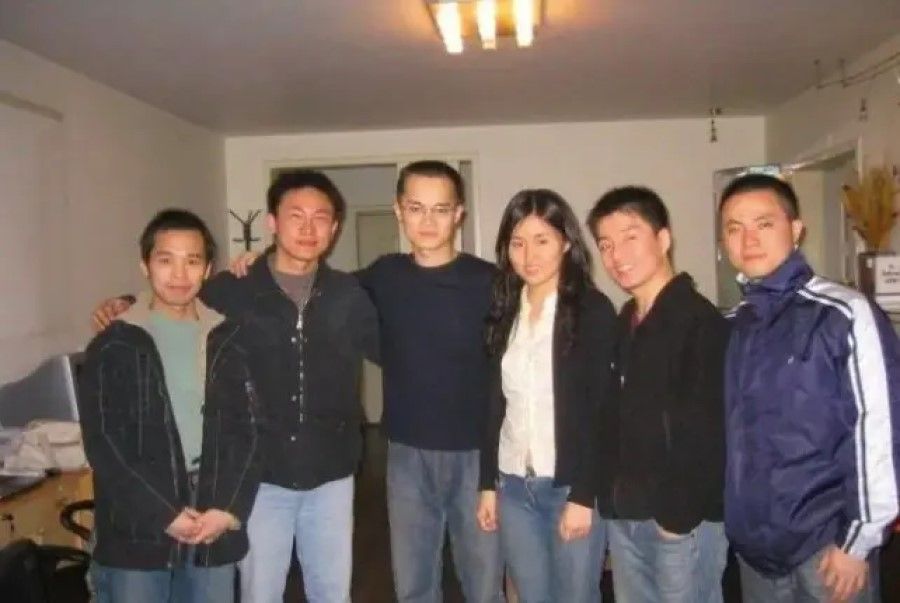
In February this year, inspired by ChatGPT, Wang launched a call for "AI Heroes" in his social circle, saying he wanted to build China's OpenAI team. Soon after, technical experts such as Beijing Academy of Artificial Intelligence (BAAI) deputy head Liu Jiang and Ma Zhanhai - known as the "father of the Sogou input method - announced their involvement. The company also quickly secured investments from prestigious institutions such as Sequoia China.
On 27 June, China Entrepreneur magazine reported that Light Year has been the most prominent startup company in China in the past four months. If this wave of large-scale entrepreneurship in China was ignited by OpenAI, then Wang Huiwen was the one who lit the fire.
However, following the acquisition, the media revealed that the US$230 million in cash raised by Light Year remains untouched in its account, showing that the company has not made any progress in the months since its establishment. Some people believe that after Meituan's acquisition of Light Year, returning the raised funds to investors is almost equivalent to dissolving the company; however, others believe that Meituan also has a strategic need for AI and will not simply end it.
"We haven't even created China's ChatGPT yet, while Silicon Valley entrepreneurs have already started developing various applications based on ChatGPT." - A netizen on Weibo
In any case, this incident has left many industry players feeling that there is too much uncertainty in the development of AI in China, and that it is still at a very early stage as compared to the US.
A netizen commented on Weibo on the news of Meituan's acquisition of Light Years Beyond: "We haven't even created China's ChatGPT yet, while Silicon Valley entrepreneurs have already started developing various applications based on ChatGPT." The applications the netizen mentioned, such as MidJourney and Stable Diffusion, are also projects frequently mentioned in the Chinese venture capital community as benchmarks.

In the discussions, some netizens also said that instead of counting on startups, China should rely on tech giants and its "national team" of state-owned enterprises to compete with the US. But at present, the products of these state-owned enterprises and tech giants are not up to expectations yet.
In 2021, BAAI launched Wudao (悟道), a ChatGPT-like product boasting of 1.75 trillion parameters, that claims to surpass ChatGPT. But few people seem to have heard about it since its launch. At the same time, Baidu's ERNIE Bot, which was launched this year, has also been heavily criticised when compared to ChatGPT.
... the share of global private investment to AI startups in the US increased from 51% in 2020 to 53% in 2022, reaching US$27 billion. On the other hand, China's share plunged from 29% to a mere 10%, or US$5.3 billion.
China-US AI battle
How far apart are China and the US in terms of AI development? The Global Artificial Intelligence Index 2023 released by Tortoise Media on 28 June placed the US, China and Singapore in the top three spots on the list. However, the US is far ahead of China in terms of active startups, investments and cutting-edge research.
The report pointed out that the US's lead can be attributed to "highly qualified talent in the sector, advancements in AI research and innovation along with large private funding going to AI startups". In terms of investment, the share of global private investment to AI startups in the US increased from 51% in 2020 to 53% in 2022, reaching US$27 billion. On the other hand, China's share plunged from 29% to a mere 10%, or US$5.3 billion.
In terms of research, although China placed first in the mini-index by the raw output of AI research papers, it is still the US that leads on the most significant research into cutting-edge developments and citations.
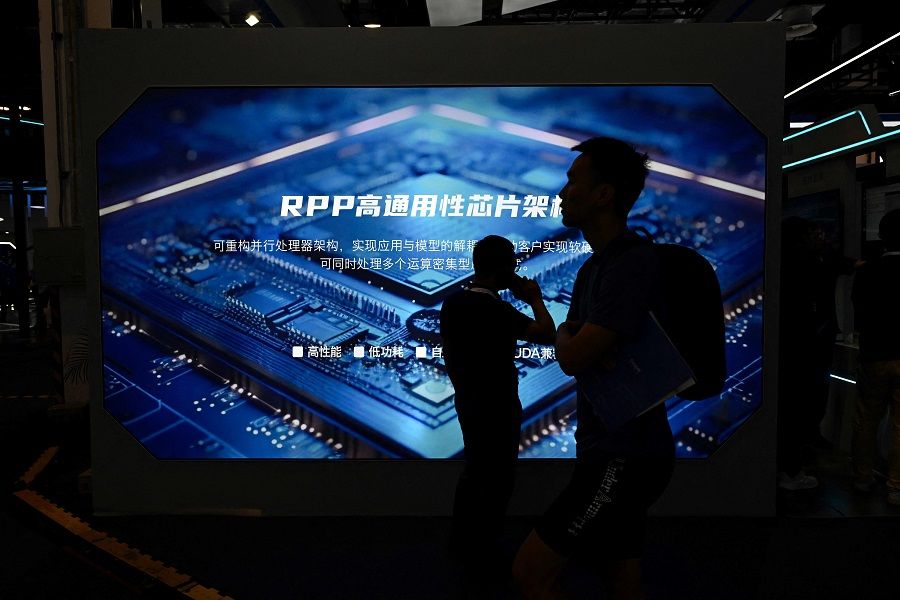
Bloomberg reported on 28 June that although there is a significant difference in the value of investments, the gap in terms of AI deals is gradually narrowing. As of mid-June, the number of Chinese venture deals in AI comprised more than two-thirds of the US total of about 447, compared to about 50% over the previous two years. Sogou and Baichuan-7B founder Wang Xiaochuan said, "China is still three years behind the US, but we may not need three years to catch up."
... in the era of generative AI, however, China's edge faded away, and the birth of ChatGPT was seen as a watershed moment.
Short of talent and chips
However, catching up is easier said than done. Amid the advent of next-generation technologies, Chinese companies, which were once a leader in technology, seem to have fallen behind both in terms of underlying technology and applications.
Professor Wilson Wong, a fellow at Stanford University's Center of Advanced Study in the Behavioral Sciences, wrote in Ming Pao on 12 June that amid the China-US AI battle, China had a lead when no major breakthrough in AI had occurred; in the era of generative AI, however, China's edge faded away, and the birth of ChatGPT was seen as a watershed moment.
He explained that the Chinese market had an edge a few years ago when AI was in the "age of execution" because it has a huge amount of market data and applications for tech companies, such as mobile payments and AI facial recognition. But in the era of generative AI, AI went from "execution" back to "invention". Wong noted that China's strength has always been in execution, while invention and innovation has always been the US's forte.
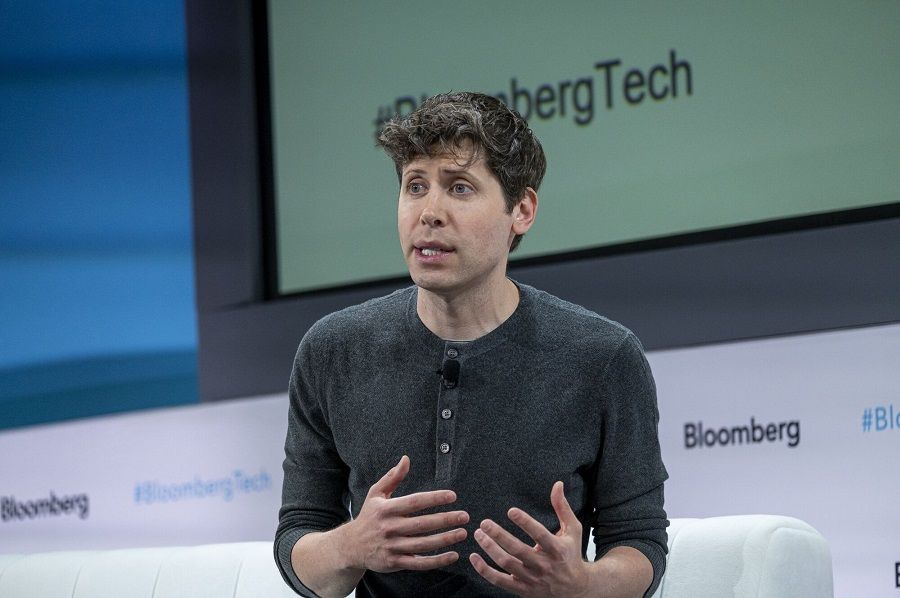
Apart from the fact that innovation has never been China's strength, the scarcity and high value of top talents is also a huge obstacle to China's AI development. A large language model (LLM) entrepreneur told China Entrepreneur (《中国企业家》): "Over at Silicon Valley, OpenAI is already paying fresh graduates an average annual salary of at least 1 million RMB. How are LLM enterprises in China going to fight that? By using personal charisma? Sam Altman [OpenAI founder] beats them to that. By using money? That's even more impossible."
... Chinese investors are cautious about investing in AI because there are not many good projects around.
Apart from talent, China is also dealing with a chokehold on chips. AI chips are required to train LLMs, but the US is planning to ban the most advanced chips from entering China. Quoting two people familiar with the matter, Reuters reported on 28 June that US officials are considering tightening an export control rule designed to slow the flow of artificial intelligence chips to China by clamping down on the amount of computing power the chips can have.
The aforementioned factors not only obstruct entrepreneurial projects but also investors. In fact, the four months between the start-up and acquisition of Light Year also marked the time in which AI investment in China petered out.
The article "The State of China's Large Language Model Landscape: Hot on One Side but Cold on the Other" (《中国大模型现状:一面狂热,一面冷峻》) published on Tencent's WeChat official account on 29 June pointed out that in addition to high investment costs, uncertainty of commercialisation and talent scarcity, Chinese investors are cautious about investing in AI because there are not many good projects around.
Hence, although Chinese tech enterprises had been fervent about ChatGPT and the AGI behind it in the first half of the year, there have actually been few serious investors and quality startups entering the market. This is perhaps the reason why the market was so disappointed when Wang Huiwen exited the scene.
This article was first published in Lianhe Zaobao as "中国的OpenAI出师不利?".
